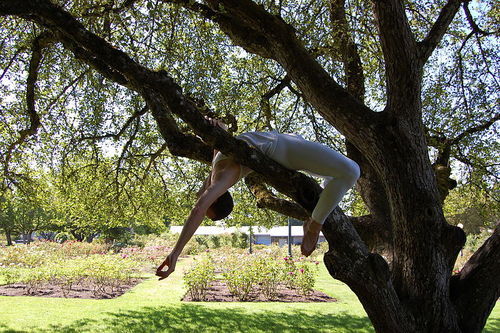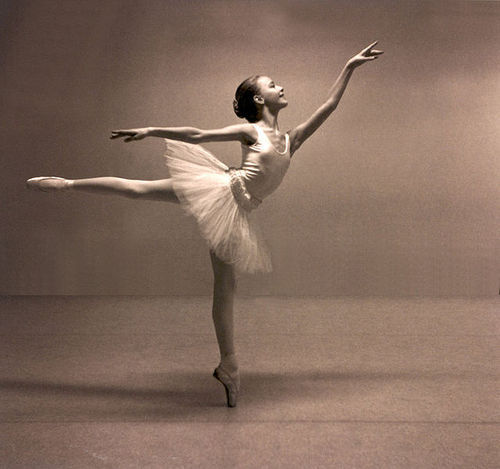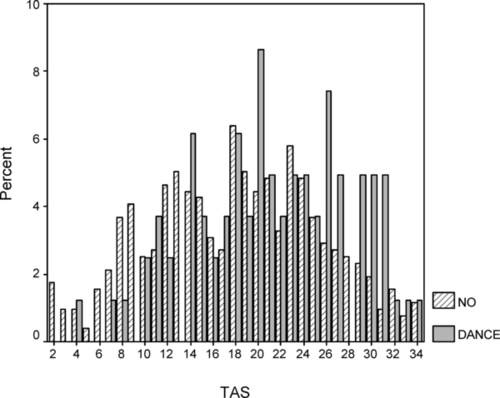
So, as someone who spends most of her waking hours either doing genetics or dancing (seriously guys this accounts for both of my jobs and my two biggest hobbies) you could say that this study is relevant to my interests. And when the first sentence in a paper is something as ridiculous and wonderful as “Dancing, which is integrally related to music, likely has its origins close to the birth of Homo sapiens, and throughout our history, dancing has been universally practiced in all societies,” you know that it’s going to be a trip. On the other hand, the reporting on this has been typically bad: talk about the findings that basically amounts to: dancers are more spiritual than other people, because genetics (I’m paraphrasing several articles). Unfortunatley, I can’t really blame the science writers for not really being able to understand what was going on in the article, since the original paper was, well, written by the kind of people who feel like they need to remind you that dancing and music are linked every time they mention dance or music, but don’t feel the need to specify whether the SLC6A4 HTTLPR allele is hyperactive, inactive, completely gone, or a unicorn. Feel free to find your way through the source material(hooray for PLoS and their lack of paywalls!). I’ve tried to give you some lamp-posts below the fold.

Dancing: Natural? It must be — he’s in a tree!

That’s where the genetics ends. And I’d like you to note that none of this is anything more than correlative, as with just about every genetic study in humans. All we can say is that in general, overall, dancers are more likely than non-dancer athletes to have certain alleles of certain genes which probably result in more serotonin at the synapse, and maybe something different in how they process vasopressin as well.
But, and here’s where we jump the shark, serotonin is the spirituality neurotransmitter! So let’s look at psychosocial scales!
And here’s their big finding on the psychosocial scales: “Highly significant differences between dancers and athletes are observed for two variables: the TAS (effect size = 0.72 standard deviation [SD] units) and TPQ Reward Dependence (effect size = 0.68 SD units).” Now, maybe it’s just me but 0.72 or 0.68 standard deviations does not seem ‘highly significant’ by most standard statistical methods. So already I’m dubious. And then they show two graphs (the only graphs in the paper) to convince us:

Now, again, maybe I’m just biased against these guys for using ‘psychosocial scales’ to begin with, but it seems to me that those results, even if they are ‘highly significant’ (which they don’t necessarily appear to be), aren’t particularly striking. But the thing is, even if these psychosocial data were striking, I don’t know if they’d be particularly surprising. So maybe dancers score higher on a TAS test. I think that correlates with ability to reach a ‘different’ state of consciousness – and things like meditation, hypnosis, and maybe speaking in tongues. (This is where they’re pulling in spirituality.) There’s a nice just-so story in that maybe these people can more easily “feel the music” and “let it flow through them” and all of those terms that I find confusing and fuzzy when a dance teacher says them. The TPQ test measures a bunch of different social aspects, among them apparently ‘Reward Dependence’ — which I guess means thirst for external rewards. And again, there’s a nice just-so story for the idea that performers are more likely to want external approbation.
So, sadly, this looks like another case of a mediocre study with underreported and somewhat unconvincing data that is designed to catch headlines. But to a certain extent, that was a foregone conclusion: human behavior, especially something as complex and diverse as dance, isn’t going to be explained by a couple of genes and a few axes on a psychosocial metric. And to me that’s something that’s wonderful, and messy, and exciting about biology.


“serotonin is the spirituality neurotransmitter!” I lolled. 🙂
Great article. Thanks for explaining the study!
Oh yes. Spirituality. That’s so scientificky.
Great read, I laughed through most of it after getting over my initial disappointment that the study was faily.